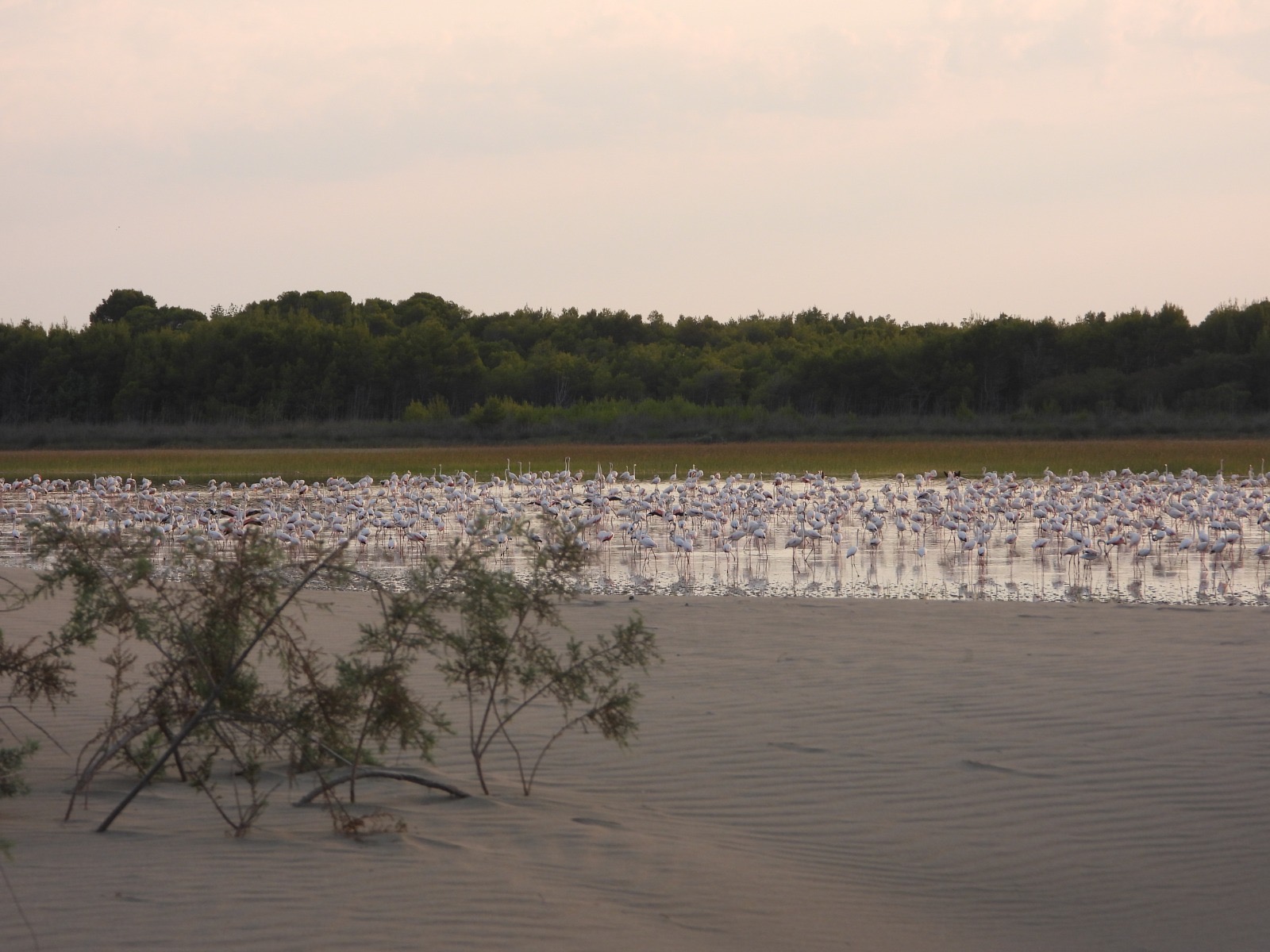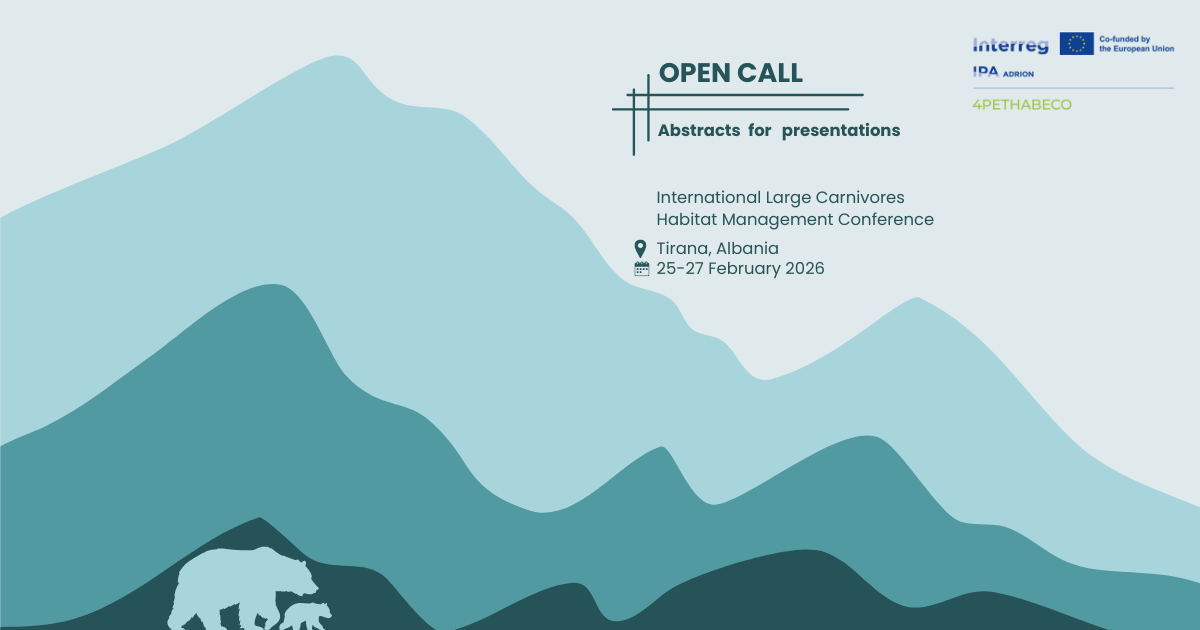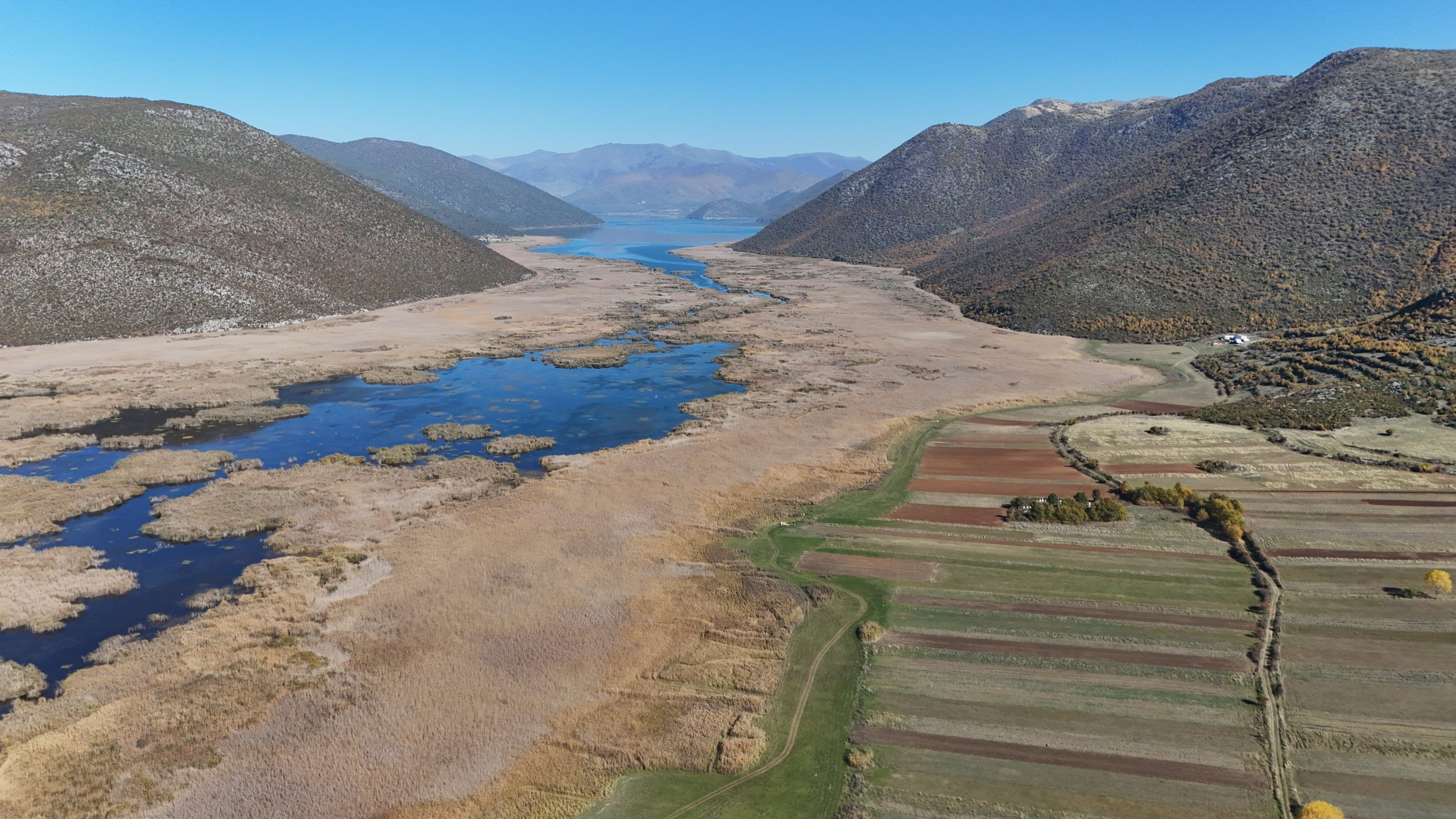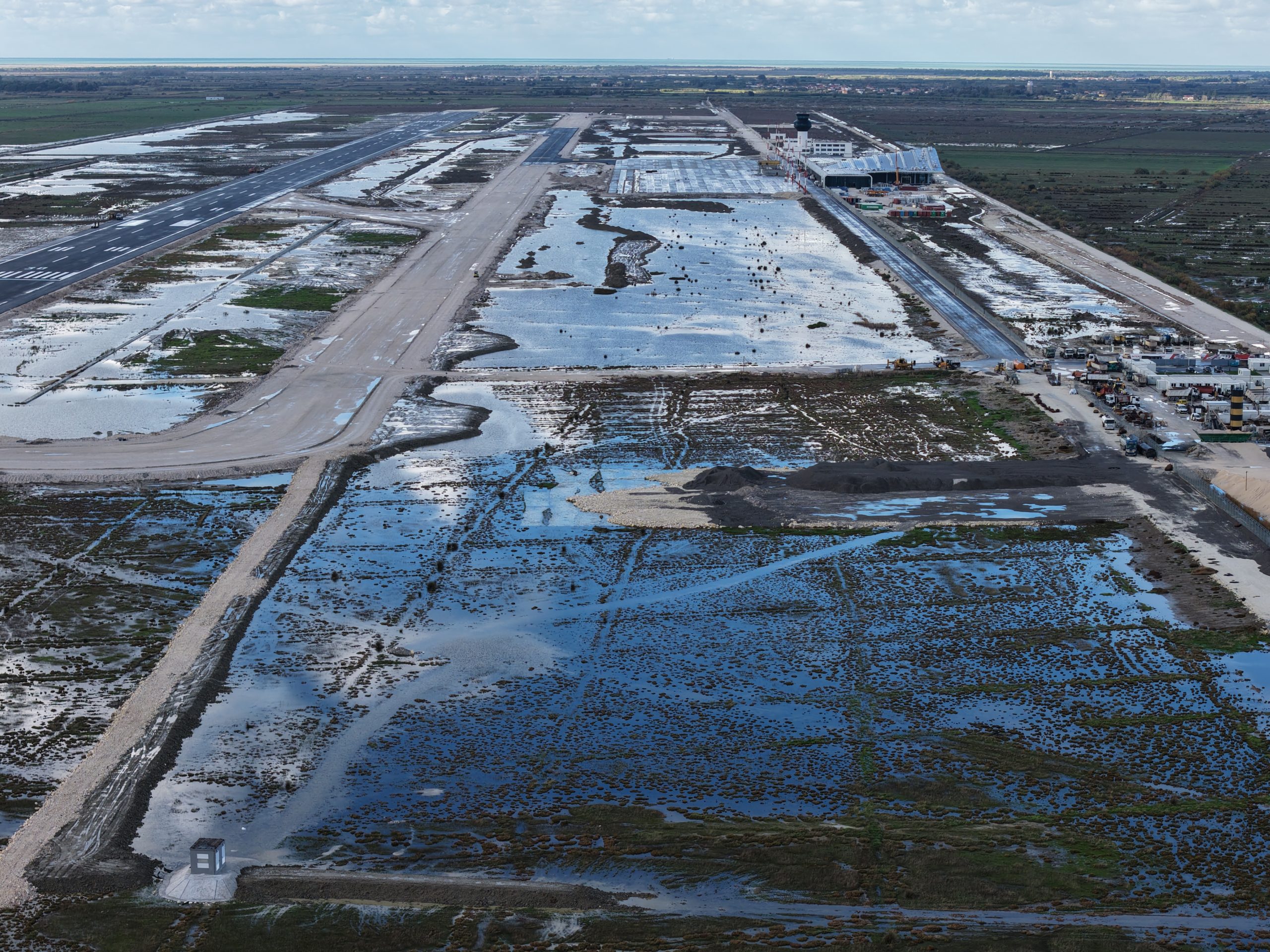Press Release
IUCN Demands Albania to Amend Law Undermining the Protection of Protected Areas
The International Union for Conservation of Nature (IUCN) has overwhelmingly voted in favor of Motion 130, “Strengthening restrictions against unsustainable tourism infrastructure.” Ahead of the 2025 IUCN World Conservation Congress, more than 98% of IUCN members approved this motion, sending a powerful global message: protected areas exist for conservation, not for mass development.
A crucial outcome of this decision is the call on the Government of Albania to amend Law No. 21/2024, which removed long-standing protections from the country’s most sensitive ecosystems. The IUCN Congress urged Albania to restore safeguards against airports, luxury resorts, and other large-scale infrastructure projects in IUCN Category I & II sites.
Albania in the Global Spotlight
The Albanian government promoted its 2024 amendments as “aligned with IUCN criteria,” but in reality, they contradict international conservation standards. The law now allows airports, energy facilities, and luxury tourism complexes even inside IUCN Category I & II sites, and permits boundary changes to accommodate these projects. This alarming legal shift undermines biodiversity protection, EU accession commitments, and climate resilience, while setting a dangerous precedent that could encourage similar rollbacks elsewhere.
The Vjosa–Narta Protected Landscape illustrates what is at stake. Once a sanctuary for more than 200 bird species, including Dalmatian pelicans and flamingos, it now faces the threat of the planned Vlora International Airport and a 10,000-room resort complex. Instead of being strengthened, protections have been dismantled to serve short-term development interests.
What began as a local response to Albania’s controversial Law No. 21/2024 has now grown into an international milestone for conservation.
Why This Motion Matters Globally
Protected areas worldwide are under growing pressure. For decades, they have safeguarded biodiversity and climate resilience. Yet in many countries, legal loopholes are being exploited to allow construction under the justification of “tourism development.”
Motion 130 addresses this global threat by:
- Reaffirming that protected areas are for conservation, not mass development.
- Ensuring that IUCN Category I (Strict Nature Reserves) and II (National Parks) remain off-limits to airports, resorts, and other heavy infrastructure.
- Demanding that national laws align with IUCN guidelines.
- Requiring rigorous environmental and social impact assessments before any project is considered.
- Calling for standardized indicators to track and enforce legal protection, with data made publicly available.
Understanding the IUCN Motion Process
What is an IUCN Motion? A formal proposal from IUCN members to shape global conservation policy and influence governments and businesses.
How does it work? Motions are debated and voted on by IUCN’s membership (governments, NGOs, research bodies, and indigenous organizations). Once adopted, they become either Resolutions (binding for IUCN) or Recommendations (directed at third parties).
Why does it matter? This democratic process allows even small organizations, like PPNEA in Albania, to influence international standards when backed by global partners.
A Global Call for Action
From Albania’s coastal wetlands to protected areas around the world, the message is clear: tourism is no excuse to destroy nature.
We urge:
- Governments – Reject laws that weaken environmental protection.
- Institutions & conservation bodies – Support and uphold Motion 130.
- Civil society & individuals – Share, advocate, and hold decision-makers accountable.
Motion 130 was initiated by the Protection and Preservation of Natural Environment in Albania (PPNEA) and co-sponsored by 14 partner organizations from 13 countries:
- EuroNatur – Stiftung Europäisches Naturerbe (Germany)
- Tour du Valat (France)
- Wetlands International (The Netherlands)
- Sociedad Geológica de España (Spain)
- Mediterranean Institute for Nature and Anthropos (MedINA) (Greece)
- Institute for Nature Conservation in Albania (INCA) (Albania)
- Centar za zaštitu i proučavanje ptica Crne Gore (Montenegro)
- Centar za istražuvanje i informiranje za životna sredina Eko-svest Skopje (North Macedonia)
- Udruga BIOM (Croatia)
- Bâlgarska Fondatzia Bioraznoobrazie (Bulgarian Biodiversity Foundation) (Bulgaria)
- Loro Parque Fundación (Spain)
- Association Les Amis des Oiseaux (AAO) (Tunisia)
- Fondation Prince Albert II de Monaco (Monaco)
- BirdLife International (United Kingdom)
While the adoption of Motion 130 is a major success, the work is not over. Albania may continue to push destructive projects in national parks, disregarding EU accession requirements and IUCN’s global stance. Continued vigilance is essential.
Motion 130 stands as a powerful reminder: protected areas are not development zones, they are sanctuaries for nature, for people, and for future generations. For more information about Motion 130 and its full text, please visit: IUCN Congress 2025 / Motion 130




